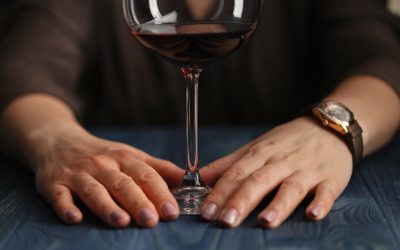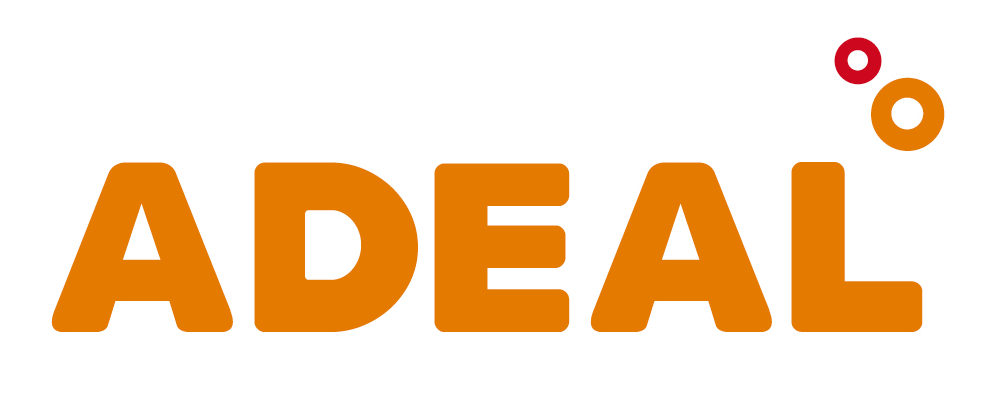Contents
It’s important to plan an intervention carefully. It involves family and friends and sometimes co-workers, clergy or others who care about the person struggling with addiction. Certain treatment medications and devices reduce these symptoms, which makes it easier to stop the drug use. After discussion with you, your health care provider may recommend medicine as part of your treatment for opioid addiction. Medicines don’t cure your opioid addiction, but they can help in your recovery. These medicines can reduce your craving for opioids and may help you avoid relapse.
Just because a doctor prescribes a pill doesn’t mean that it’s safe for everyone. As the number of issued prescriptions rises, so do the rates of people misusing prescription drugs. Cognitive-behavioral therapy seeks to help patients recognize, avoid, and cope with the situations in which they’re most likely to use drugs.

It focuses on developing coping skills related to emotional and spiritual growth, self-esteem, and a healthy lifestyle. Make it clear to your friends and family that you’re not drinking alcohol. Develop a support system of friends and family who can support your recovery.
Like other chronic diseases such as heart disease or asthma, treatment for drug addiction usually isn’t a cure. Treatment enables people to counteract addiction’s disruptive effects on their brain and behavior and regain control of their lives. See a licensed therapist or licensed drug and alcohol counselor. Drug addiction is linked to many problems that may be helped with therapy or counseling, including other underlying mental health concerns or marriage or family problems.
It increases levels of dopamine in the brain, which helps improve attention. Fentanyl is also illegally manufactured and sold as an illicit recreational drug. In many cases, it’s mixed with heroin, cocaine, or both. In October 2017, the CDC reported that fentanyl is involved in over half of opioid-related overdose deaths across 10 states.
Some commonly inhaled substances include glue, paint thinners, correction fluid, felt tip marker fluid, gasoline, cleaning fluids and household aerosol products. Due to the toxic nature of these substances, users may develop brain damage or sudden death. For example, good sleep, regular physical activity, managing stress more effectively and eating well all can make it easier for you to recover from alcohol use disorder. People who are involved with some type of regular spiritual practice may find it easier to maintain recovery from alcohol use disorder or other addictions.
If you do start using the drug, it’s likely you’ll lose control over its use again — even if you’ve had treatment and you haven’t used the drug for some time. Drug addiction can lead to a range of both short-term and long-term mental and physical health problems. Drug use can have significant and damaging short-term and long-term effects. Taking some drugs can be particularly risky, especially if you take high doses or combine them with other drugs or alcohol. Some drugs, such as stimulants, cocaine or opioid painkillers, may result in faster development of addiction than other drugs. Smoking or injecting drugs can increase the potential for addiction.
Time for a diabetes tune-up
Or ask for a referral to a specialist in drug addiction, such as a licensed alcohol and drug counselor, or a psychiatrist or psychologist. If a person is addicted to more than one substance, they will often need medications alcohol poisoning and binge drinking to reduce withdrawal symptoms for each. In 80 percent of cases, a treatment clinic will use medications to reduce withdrawal symptoms, according to the Substance Abuse and Mental Health Services Administration .

The most common hallucinogens are lysergic acid diethylamide and phencyclidine . Stimulants include amphetamines, meth , cocaine, methylphenidate and amphetamine-dextroamphetamine . They’re often used and misused in search of a “high,” or to boost energy, to improve performance at work or school, or to lose weight or control appetite. Two groups alcohol withdrawal of synthetic drugs — synthetic cannabinoids and substituted or synthetic cathinones — are illegal in most states. The effects of these drugs can be dangerous and unpredictable, as there is no quality control and some ingredients may not be known. This evaluation includes questions about your symptoms, thoughts, feelings and behavior patterns.
Does relapse to drug use mean treatment has failed?
It’s a commonly used group treatment among veterans. Prize-based contingency management rewards drug abstinence. For instance, a client might have the opportunity alcohol use disorder to win $100 after having a drug-negative urine sample. In some programs, people have a better chance of winning the longer they remain drug-free.
The goal of detoxification, also called “detox” or withdrawal therapy, is to enable you to stop taking the addicting drug as quickly and safely as possible. For some people, it may be safe to undergo withdrawal therapy on an outpatient basis. Others may need admission to a hospital or a residential treatment center. However, people most commonly use medications during detoxification to manage withdrawal symptoms. The medication will vary depending on the substance that the person is addicted to.
Brochures and Other Educational Resources
The guidelines also provide OTPs with information on how programs can achieve and maintain compliance with federal regulations. The 2015 guidelines are an update to the 2007 Guidelines for the Accreditation of Opioid Treatment Programs (PDF | 547 KB). The new document reflects the obligation of OTPs to deliver care consistent with the patient-centered, integrated, and recovery-oriented standards of substance use treatment.
Treatment should be tailored to address each patient’s drug use patterns and drug-related medical, mental, and social problems. When you engage in unhealthy drug use, it can be easy to downplay or underestimate how much you use and your level of addiction. To get an accurate idea of which treatment may help, be honest with your health care provider or mental health provider. If you’re not ready to approach a health care provider or mental health professional, help lines or hotlines may be a good place to learn about treatment.
One study of treatment facilities found that almost 80% of people undergoing therapy for cessation received medications. The fundamental principle of the program is the belief that combining treatment for co-occurring PTSD and SUDs is more effective and yields better results than treating each disorder separately. Seeking Safety is a therapeutic approach designed for people with both an SUD and post-traumatic stress disorder .
It’s important for them to get professional help. Their doctor or mental health specialist might recommend counseling. They might also refer your loved one to an intensive rehabilitation program. In some cases, they might prescribe medications to help curb drug cravings or relieve symptoms of withdrawal.
- Opioid addiction can cause serious health issues and can lead to death.
- Counselors may select from a menu of services that meet the specific medical, mental, social, occupational, family, and legal needs of their patients to help in their recovery.
- In some cases, they might prescribe medications to help curb drug cravings or relieve symptoms of withdrawal.
- Oftentimes, people who have personal experience with addiction and are in recovery themselves facilitate treatment.
- Additionally, medications are used to help people detoxify from drugs, although detoxification is not the same as treatment and is not sufficient to help a person recover.
Learn how to recognize opioid intoxication symptoms and what to do if they show up. This medication helps block the rewarding effects of drinking and reduces cravings. Research has shown CM to be effective for various types of SUD, including SUDs involving alcohol, nicotine, cannabis, cocaine, and opiates. Still, scientists note that it may not be effective long term. Several psychological treatments are supported by research and have been deemed appropriate by the American Psychological Association for treating SUD. This requires medication to relieve symptoms and treatment by a physician.
Science Education
This aims to alter the physical and social environment of a person with SUD to address possible deficiencies in that environment. It may include self-help or spiritual activities. Oftentimes, people who have personal experience with addiction and are in recovery themselves facilitate treatment. Relapse rates for drug use are similar to rates for other chronic medical illnesses. If people stop following their medical treatment plan, they are likely to relapse.
Other life-changing complications
You may be asked to complete a questionnaire to help answer these questions. Research Funded by NIMH NIMH supports research at universities, medical centers, and other institutions via grants, contracts, and cooperative agreements. Learn more about NIMH research areas, policies, resources, and initiatives.
It can also cause altered levels of consciousness. It provides the base for an illicit drug concoction known as “purple drank,” “sizzurp,” or “lean.” This concoction also contains soda and sometimes candy. People who are struggle with other types of addiction can find out about self-help groups in their community either by an internet search or by asking a doctor or nurse for information.
Opioid Treatment Program Contacts
Drug addiction, also called substance use disorder, is a disease that affects a person’s brain and behavior and leads to an inability to control the use of a legal or illegal drug or medicine. Substances such as alcohol, marijuana and nicotine also are considered drugs. When you’re addicted, you may continue using the drug despite the harm it causes. Your health care provider or counselor can suggest a support group. Alcohol use disorder commonly occurs along with other mental health disorders. If you have depression, anxiety or another mental health condition, you may need talk therapy , medications or other treatment.
Once you’ve started using a drug, the development into addiction may be influenced by inherited traits, which may delay or speed up the disease progression. Sign up for free, and stay up to date on research advancements, health tips and current health topics, like COVID-19, plus expertise on managing health. Barbiturates, benzodiazepines and hypnotics are prescription central nervous system depressants.
